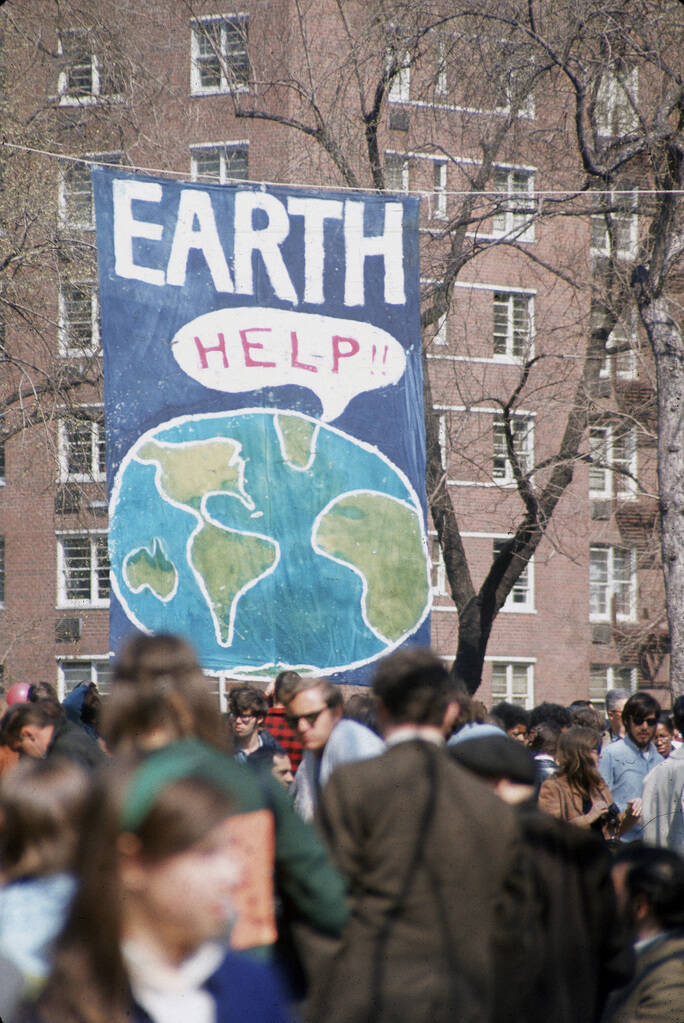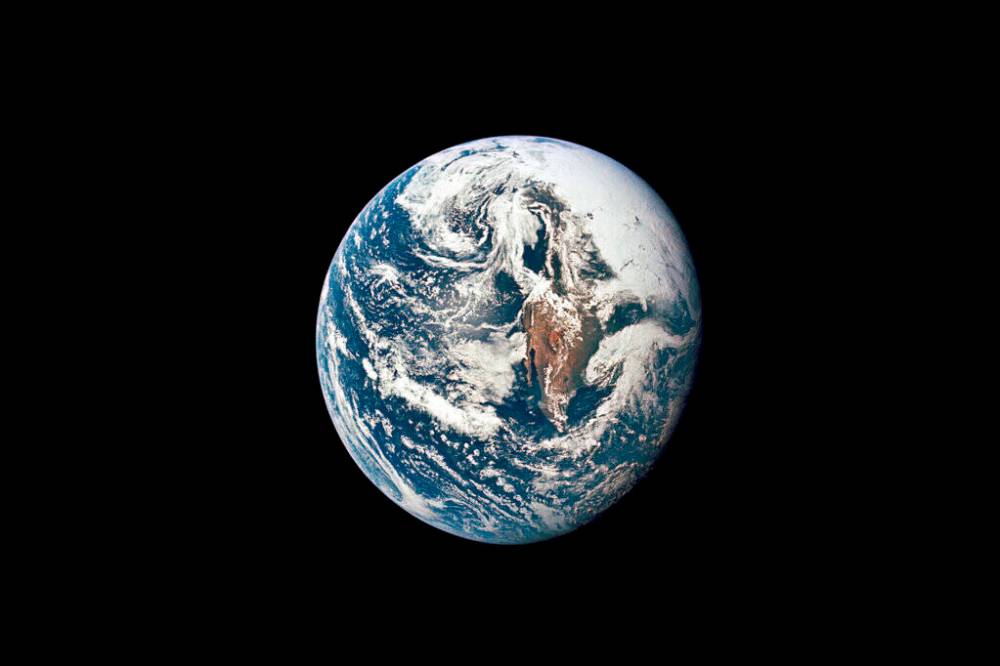Corporate greenwashing won’t save the planet
Read this article for free:
or
Already have an account? Log in here »
To continue reading, please subscribe:
Monthly Digital Subscription
$0 for the first 4 weeks*
- Enjoy unlimited reading on winnipegfreepress.com
- Read the E-Edition, our digital replica newspaper
- Access News Break, our award-winning app
- Play interactive puzzles
*No charge for 4 weeks then price increases to the regular rate of $19.00 plus GST every four weeks. Offer available to new and qualified returning subscribers only. Cancel any time.
Monthly Digital Subscription
$4.75/week*
- Enjoy unlimited reading on winnipegfreepress.com
- Read the E-Edition, our digital replica newspaper
- Access News Break, our award-winning app
- Play interactive puzzles
*Billed as $19 plus GST every four weeks. Cancel any time.
To continue reading, please subscribe:
Add Free Press access to your Brandon Sun subscription for only an additional
$1 for the first 4 weeks*
*Your next subscription payment will increase by $1.00 and you will be charged $16.99 plus GST for four weeks. After four weeks, your payment will increase to $23.99 plus GST every four weeks.
Read unlimited articles for free today:
or
Already have an account? Log in here »
Hey there, time traveller!
This article was published 21/04/2022 (1326 days ago), so information in it may no longer be current.
Since its beginning in 1970, Earth Day has slowly morphed from a politically charged day of action into a consumer-focused day of corporate propaganda. The annual celebration of the planet that feeds, shelters and protects us 365 days a year has, like every other “holiday,” turned into a great green marketing opportunity.
The first Earth Day took place in April 1970 as a way to push the U.S. government to adopt environmental protection policies. The movement was launched by Wisconsin senator Gaylord Nelson, who managed to reach across party lines and whip up public support for sweeping environmental action.
Twenty million people demonstrated across the country, and the day led to the creation of the Environmental Protection Agency and the passage of several first-of-their-kind laws designed to safeguard water, air and wildlife habitats.
The first Earth Day was a success because of public awareness. Thanks to books such as Rachel Carlson’s Silent Spring — which warns of the dangers of pesticide use — and events such as the Santa Barbara oil spill — which turned California beaches black and made national headlines — people were waking up to the consequences of irresponsible industry.

While that first Earth Day may have been a turning point for a generation of environmental activists, its annual observation has done little for the state of the planet. By virtually every metric, the climate is worse off now than it was in 1970.
Earlier this month, the Intergovernmental Panel on Climate Change released a new report that offers a “now or never” timeline for curbing the effects of the climate crisis. At the same time, the contributing scientists have shifted their language away from mitigation and toward adaptation. This is a final warning, yet the report barely made front-page news.
If images of oil-covered sea birds were enough to spark public and political action 50 years ago, why doesn’t footage of wildfires, flooding and melting ice caps have the same effect today?
Perhaps it’s not that we care less — there are many, many people who are concerned about the fate of our world; rather, it could be that the interests of the planet run counter to the interests of capitalism. Polluting industries have a lot to lose in a green revolution, and businesses have spent years and countless dollars cultivating an eco-friendly image to placate the public.
If images of oil-covered sea birds were enough to spark public and political action 50 years ago, why doesn’t footage of wildfires, flooding and melting ice caps have the same effect today?
Earth Day has become the perfect pipeline for corporate greenwashing.
In the leadup to Earth Day 2022, ExxonMobil, one of the largest oil and gas companies in the world, has been busy aligning itself as a leader in the fight to reduce greenhouse-gas emissions, while it continues to extract nearly five million barrels of oil per day from operations around the world. The company has also been previously called out for funding climate-denial lobbyists in the U.S.
A recent report on corporate climate responsibility from the New Climate Institute found “net zero” and “carbon neutral” pledges from 25 of the world’s largest companies were vastly overblown. Google, for example, claims it has been carbon-neutral since 2007. Researchers found the company was purchasing questionable carbon-offset credits while omitting as much as 60 per cent of its annual GHG emissions from that claim.
A recent report on corporate climate responsibility from the New Climate Institute found “net zero” and “carbon neutral” pledges from 25 of the world’s largest companies were vastly overblown.
Lack of government oversight gives industry free reign to make lofty promises in public while business as usual continues in private. Corporate greenwashing casts the climate crisis as an individual problem, rather than an industrial one.
This Earth Day would be well spent resisting the pull of green-tinged corporate marketing campaigns. Buying a new reusable water bottle or tote bag won’t save the planet. Holding industry and governments to account might.









